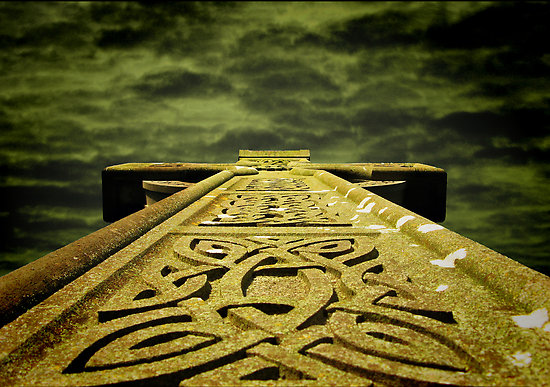John Chrysostom, Patriarch of Constantinople, is one of the great saints of the Eastern Church. He was born about 354 in Antioch, Syria. As a young man, he responded to the call of desert monasticism until his health was impaired. He returned to Antioch after six years, and was ordained a presbyter. In 397, he became Patriarch of Constantinople. His episcopate was short and tumultuous. Many criticized his ascetical life in the episcopal residence, and he incurred the wrath of the Empress Eudoxia, who believed that he had called her a “Jezebel.” He was twice exiled, and he died during the second period of banishment, on September 14, 407. Thirty-one years later, his remains were brought back to Constantinople and buried on January 27.
John, called “Chrysostom,” which means “the golden-mouthed,” was one of the greatest preachers in the history of the Church. People flocked to hear him. His eloquence was accompanied by an acute sensitivity to the needs of people. He saw preaching as an integral part of pastoral care, and as a medium of teaching. He warned that if a priest had no talent for preaching the Word, the souls of those in his charge “will fare no better than ships tossed in the storm.”
His sermons provide insights into the liturgy of the Church, and especially into eucharistic practices. He describes the liturgy as a glorious experience, in which all of heaven and earth join. His sermons emphasize the importance of lay participation in the Eucharist. “Why do you marvel,” he wrote, “that the people anywhere utter anything with the priest at the altar, when in fact they join with the Cherubim themselves, and the heavenly powers, in offering up sacred hymns?”
His treatise, Six Books on the Priesthood, is a classic manual on the priestly office and its awesome demands. The priest, he wrote, must be “dignified, but not haughty; awe-inspiring, but kind; affable in his authority; impartial, but courteous; humble, but not servile, strong but gentle. . . .”
Along with Athanasius of Alexandria, Basil the Great, and Gregory of Nazianzus, he is counted as one of the Four Great Eastern (or Greek) Doctors of the Ancient Church. The Four Great Western (or Latin) Doctors are Ambrose, Jerome, Augustine, and Gregory the Great.
-John Kiefer (Lay Episcopalian Writer).


No comments:
Post a Comment